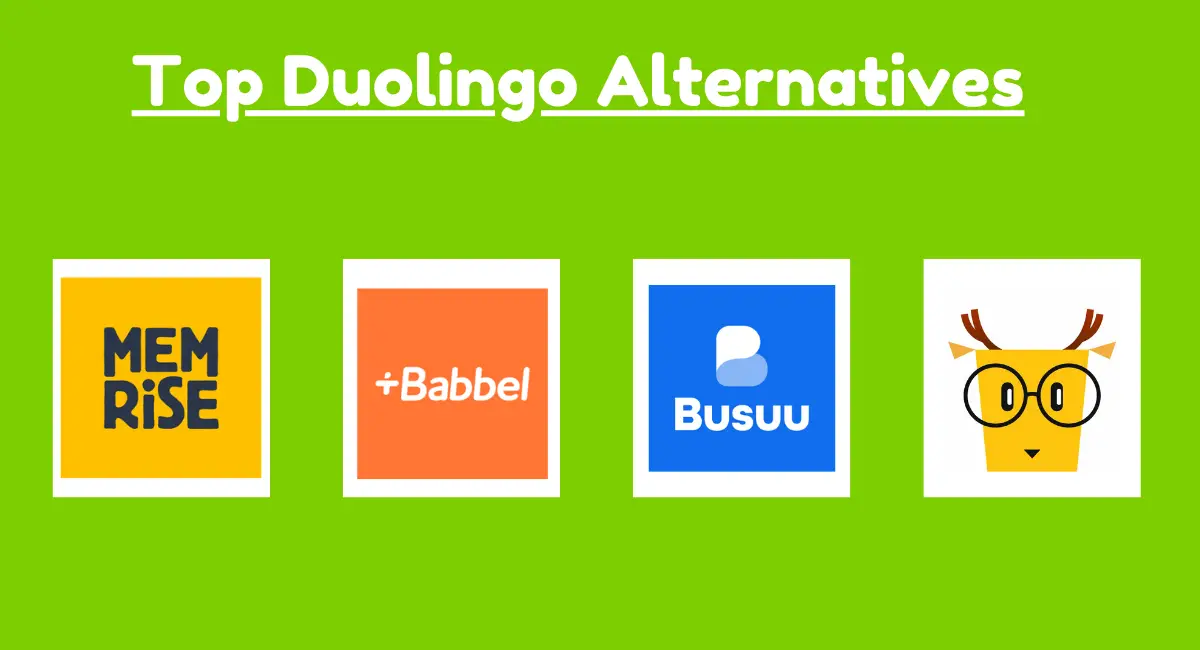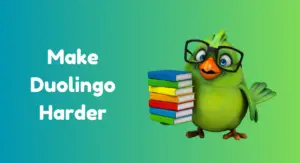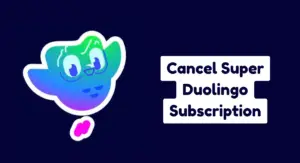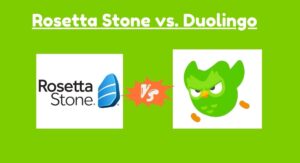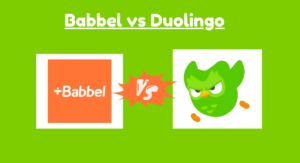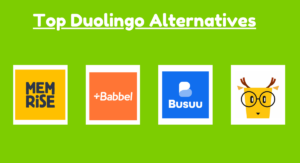Are you thinking about switching from Duolingo to another language learning app but not sure which app is best for you?
You’re in the right place!
After trying many language learning apps, I found the 10 best apps that are great alternatives to Duolingo.
So, in this post, I’ll share the best alternative apps to Duolingo.
Let’s get started!
Top 10 Best Duolingo Alternatives
| Platform | Languages Offered | Free Option | Link |
|---|---|---|---|
| Memrise | 25 | ✅ | Sign Up Memrise |
| Rosetta Stone | 25 | ❌ | Sign Up Rosetta Stone |
| Babbel | 14 | ✅ | Sign Up Babbel |
| Busuu | 15 | ✅ | Sign Up Busuu |
| Mondly | 41 | ✅ | Sign Up Mondly |
| Pimsleur | 50+ | ❌ | Sign Up Pimsleur |
| LingoDeer | 50+ | ✅ | Sign Up LingoDeer |
| italki | 150+ | ❌ | Sign Up italki |
| HelloTalk | 150+ | ✅ | Sign Up HelloTalk |
| Lingvist | 50+ | ✅ | Sign Up Lingvist |
1. Memrise
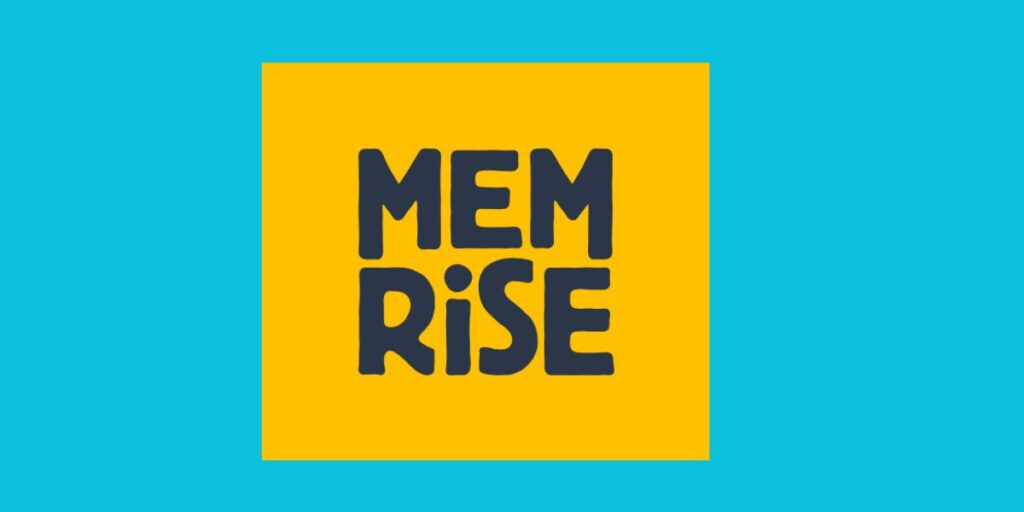
Memrise is one of the most popular language-learning platforms.
Memrise offers short video lessons, vocabulary drills, real-life conversations, and an AI Buddy to help you practice grammar and conjugation.
The best thing about Memrise is that it uses neuroscience-backed learning techniques developed at the University of Oxford.
Language offerings: Memrise currently offers courses in over 25 languages.
Pros:
Cons:
Pricing:
| Plan | Cost |
|---|---|
| Free | $0.00 |
| Monthly | $44.99 per month |
| Annual | $58.99 per year |
| Lifetime | $113.75 (one-time payment) |
2. Rosetta Stone
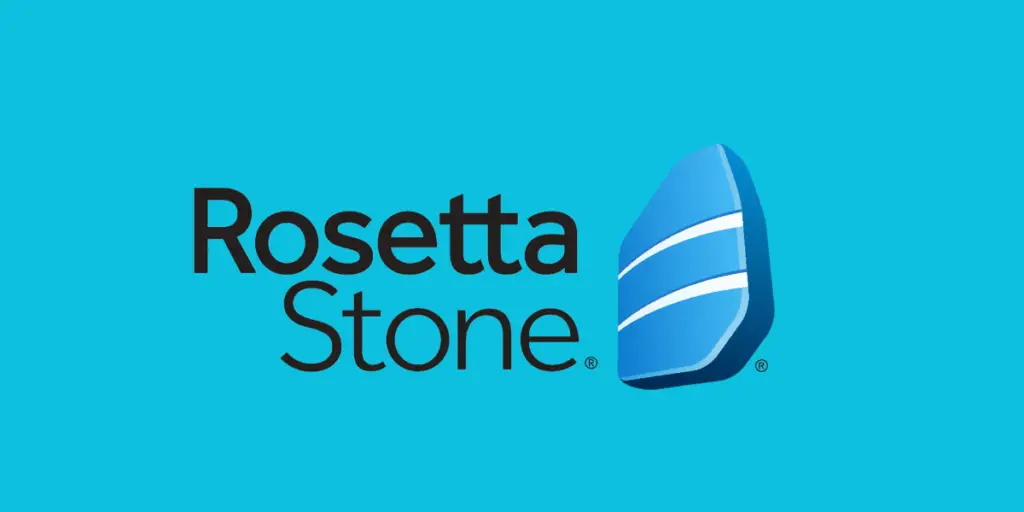
Rosetta Stone is a well-known language-learning platform that has taught people new languages for over 30 years.
Rosetta Stone offers interactive daily lessons on vocabulary, pronunciation, and grammar.
It also offers native speaker audio and video, and a speech recognition feature.
Language offerings: Rosetta Stone currently offers courses in 25 languages.
Also Read: Rosetta Stone Vs Duolingo
Pros:
Cons:
Pricing:
| Plan | Cost |
|---|---|
| Quarterly | $15.95 per month ($47.85) |
| Annual | $10.50 per month ($126) |
| Lifetime | $149 (One-time payment) |
3. Babbel
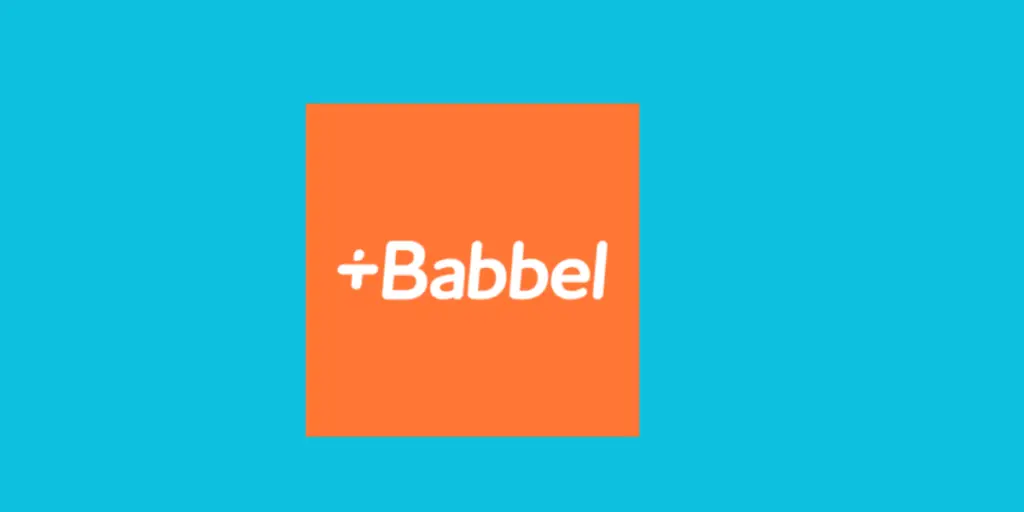
Babbel is a language-learning platform based in Germany, with over 15 million users.
Babbel offers short daily interactive lessons, speech recognition, grammar guides, audio recaps, and other useful features.
Babbel also offers Babbel Live, where you can chat live directly with a native-speaking teacher.
The best part? Babbel claims that 92% of its users learn a new language in just two months.
If this is true, it’s impressive! 😲
Language offerings: Babbel currently only offers 14 languages to learn
Also Read: Babbel vs Duolingo
Pros:
Cons:
Pricing:
| Plan | Cost |
|---|---|
| Free | $0.00 |
| Half- Yearly | $8.45 per month ($50.70) |
| Annual | $6.95 per month ($83.40) |
| Babbel Live | $99 per month |
| Lifetime | $299.5 (one-time payment) |
4. Busuu

Busuu is a user-friendly language-learning platform that’s perfect for beginners.
It offers daily short lessons with video clips from native speakers and also uses AI to help you practice grammar.
Plus you can access it even when you’re offline
Language offerings: Busuu currently only offers courses in 15 languages.
Pros:
Cons:
Pricing
| Plan | Cost |
|---|---|
| Free | $0.00 |
| Monthly | $13.90 per month |
| Half- Yearly | $8.45 per month ($50.70) |
| Annual | $6.95 per month ($83.40) |
5. Mondly
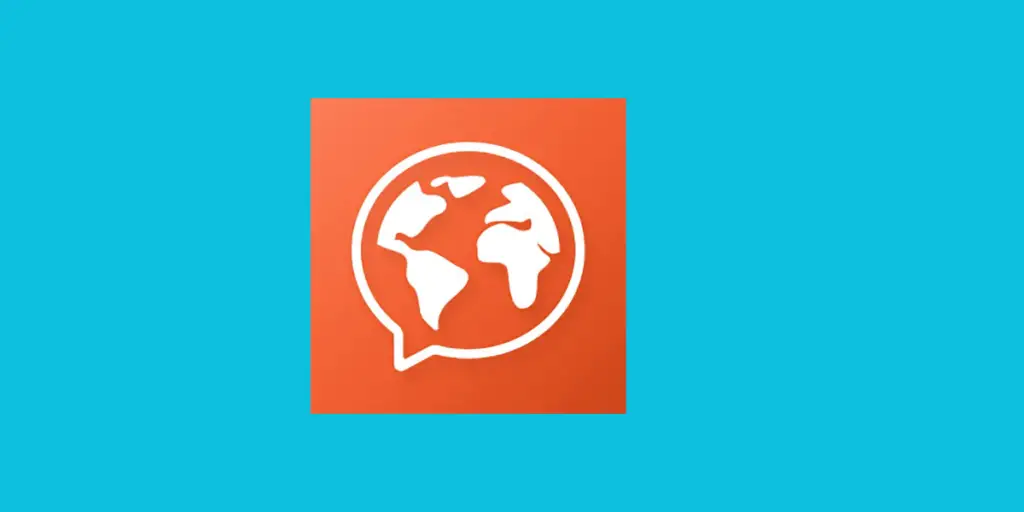
Mondly is another great choice for beginners, especially for kids. It offers lessons in 41 different languages, which is amazing.
Mondly uses a gamified learning approach. It offers short daily lessons, quick challenges, and weekly quizzes.
The best part? You can also practice speaking with its chatbot.
Mondly also comes in four different versions:
- Mondly
- Mondly Kids
- Mondly AR
- Mondly VR
Language offerings: Mondly currently offers courses in 41 languages.
Pros:
Cons:
Pricing:
| Plan | Cost |
|---|---|
| Free | $0.00 |
| Monthly | $11.99 per month |
| Annual | $69.99 per month |
| Lifetime | $89.99 (One-time) |
6. Pimsleur
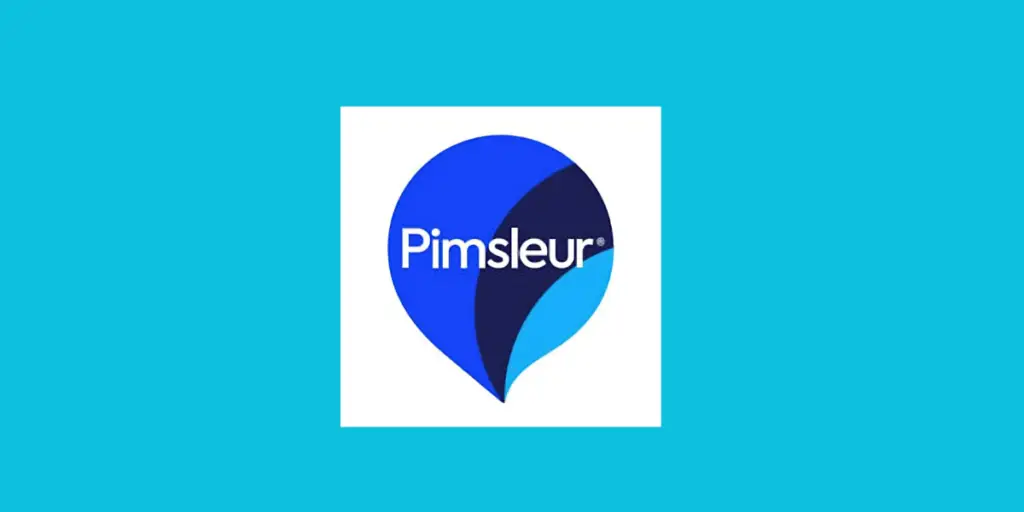
Pimsleur was developed by Paul Pimsleur, a French-American linguist.
Pimsleur is used by the FBI, other government agencies, and various Fortune 500 companies to teach their employees new languages.
It offers 30-minute daily lessons, digital flashcards, easy challenges, and speed round games. Moreover, you can access its lessons even when you are offline.
Language offerings: Pimsleur currently offers courses in over 50 languages.
Pros:
Cons:
Pricing:
| Plan | Cost |
|---|---|
| Premium | $19.95 per month (access only one language) |
| All Access | $20.95 per month (access all languages) |
| All Access Annual | $164.95 per year (access all languages) |
7. LingoDeer
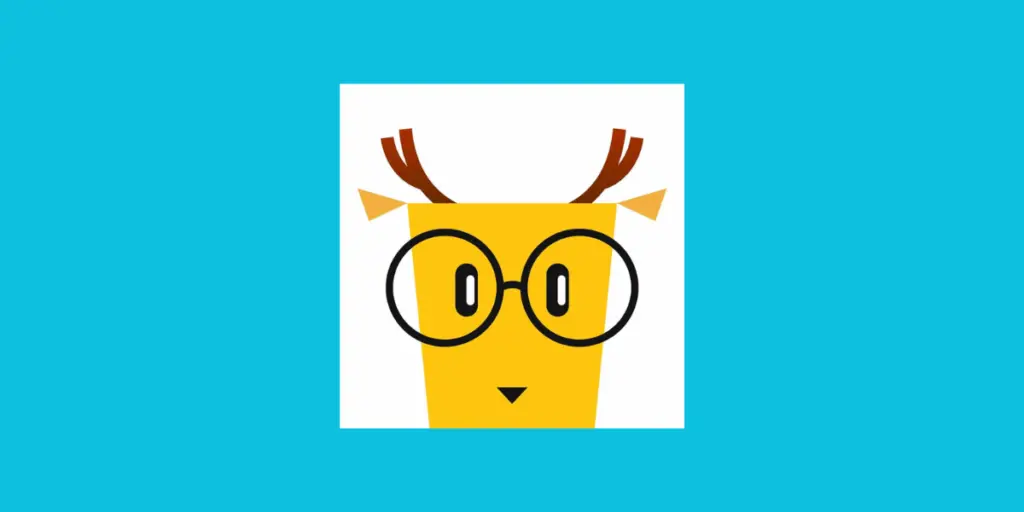
If you’re looking for a free online language learning platform, LingoDeer is a great option.
It also offers interactive lessons, engaging stories, detailed explanations, and native speaker voices.
It has a helpful feature called the Travel Phrasebook, which offers essential phrases and vocabulary for travelers.
Language offerings: Pimsleur currently offers courses in over 19 languages.
Pros:
Cons:
Pricing:
| Plan | Cost |
|---|---|
| Free | $0 |
| Monthly | $14.99 per month |
| Quarterly | $39.99 per Quarterly |
| Annual | $79.99 per Annual |
| Lifetime | $159.99 (one-time payment) |
8. italki
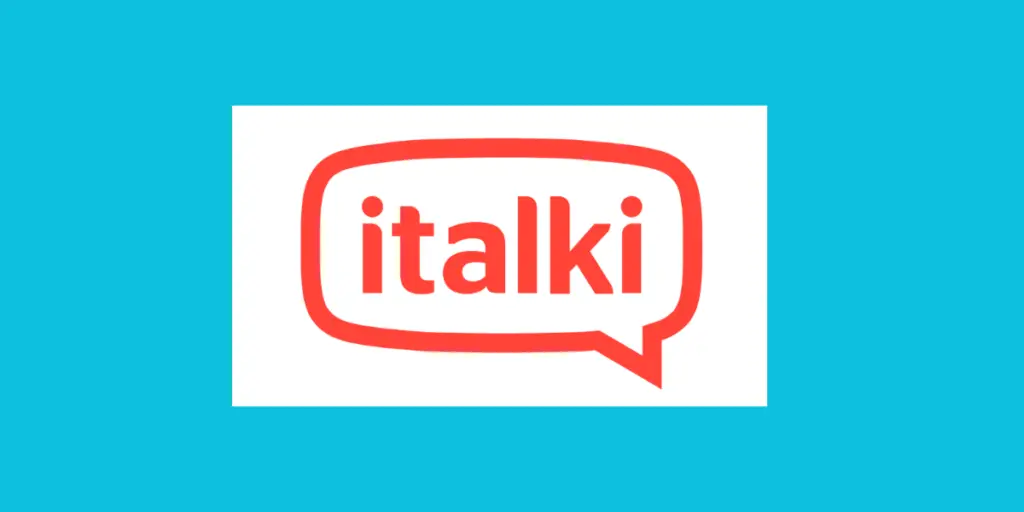
Italki is a language learning platform that works very differently from Duolingo.
While Duolingo uses a gamified learning approach, Italki offers personalized, 1-on-1 sessions with native-speaking tutors.
Italki also offers group classes, free practice, assignments, podcasts, quizzes, and more.
Language offerings: Italki currently offers courses in over 150 languages, three times more than Duolingo.
Pros:
Cons:
Pricing:
While Duolingo requires a monthly or yearly subscription, Italki lets you pay tutors on a per-lesson basis.
9. HelloTalk
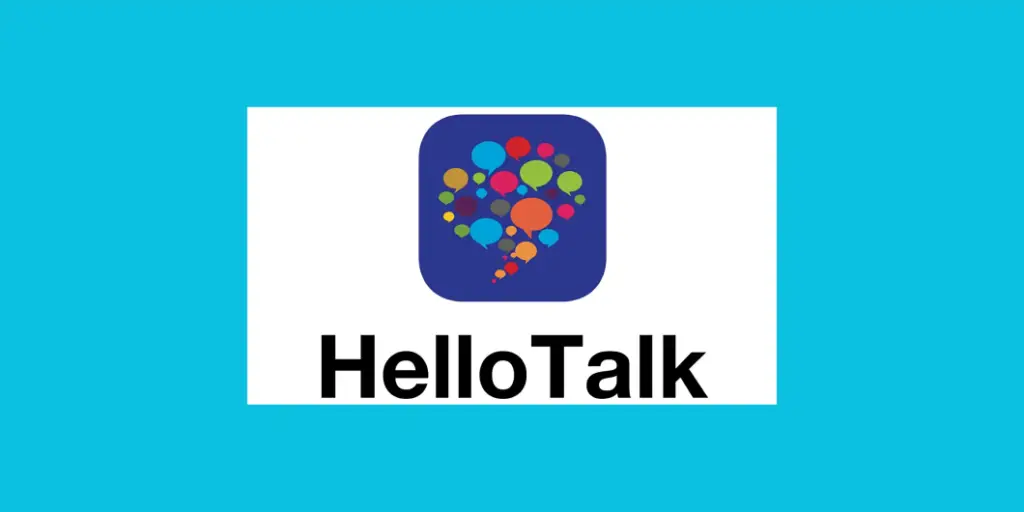
HelloTalk is a popular language exchange platform that allows people worldwide to chat and exchange each other’s languages.
HelloTalk supports over 150 languages and has over 50 million active users, making it a good alternative to Duolingo.
HelloTalk also has a unique feature called Moments, where you can share photos, videos, and text with other language learners – just like social media!
Language Offerings: HelloTalk also offers courses in over 150 languages.
Pros:
Cons:
Pricing:
| Plan | Cost |
|---|---|
| Monthly | $6.99 per month |
| Annual | $45.99 per year |
| Lifetime | $175.00 (one-time payment) |
10. Lingvist
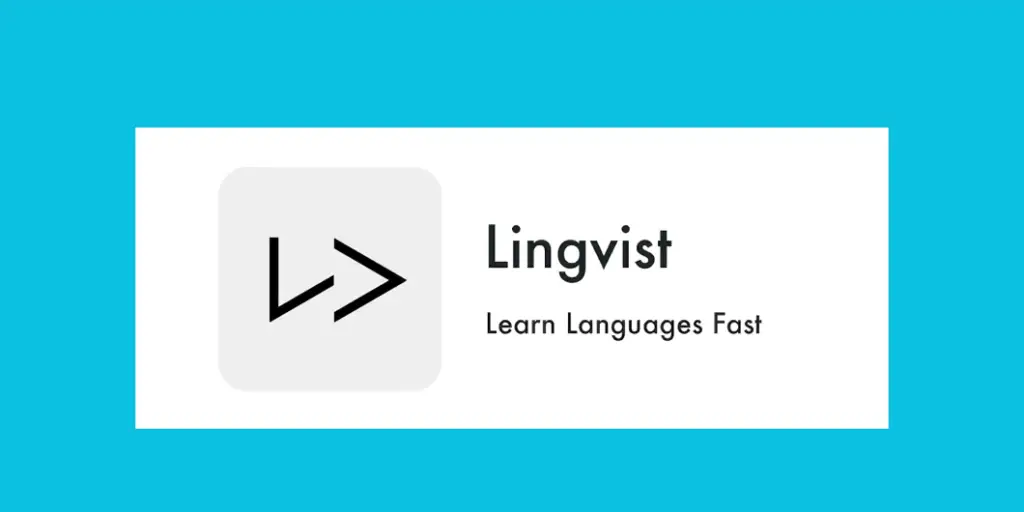
Lingvist is not a well-known language platform, but its unique features make it a good alternative to Duolingo.
Lingvist offers quick 10-minute Interactive lessons focused on real-life vocabulary and common words.
Additionally, it offers quizzes, customizable flashcards, and more. It also allows you to track your progress.
Language Offerings: Lingvist currently offers courses in over 50 languages.
Pros:
Cons:
Pricing:
| Plan | Cost |
|---|---|
| Monthly | $4.99 per month |
| Annual | $39.99 per year |
| Lifetime | $175.00 (one-time payment) |
Wrapping Up
So, these are the best alternatives to Duolingo. Choose the best option for you now and start learning!
Now it’s time to end this blog post. If you have any doubts, let me know in the comment section, and I will try to answer you.
Lastly, If you liked this blog post then share it with your friends!
